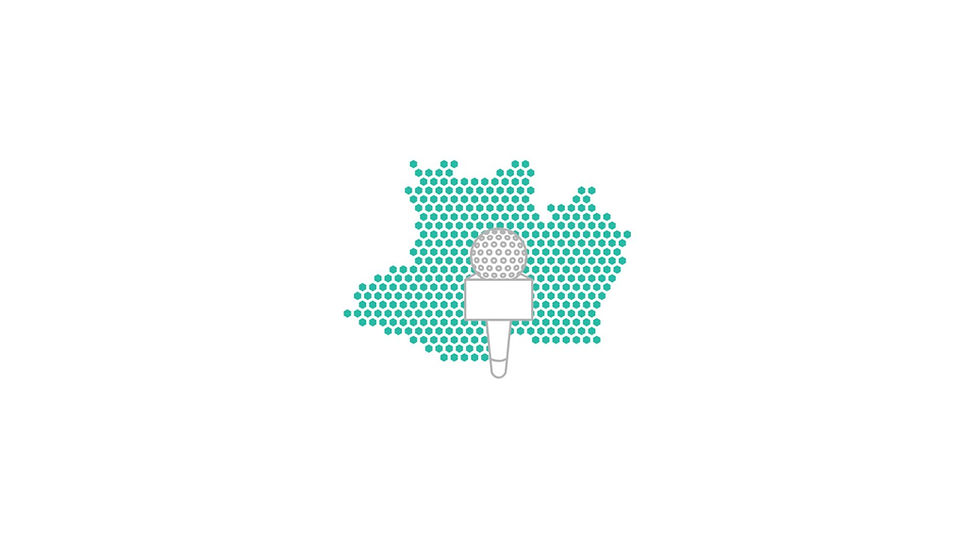Ads that use the Voa Brasil program for scams and fraud on meta platforms
- Bernardo Laranja
- Oct 23, 2023
- 1 min read
Updated: Feb 1, 2024

This report is part of NetLab UFRJ efforts to identify and analyze fraudulent advertisements on social media platforms. We develop methods to understand the scale, dynamics, and content of these ads.
We consider fraudulent advertisements as paid and boosted content which uses social engineering techniques to sell false solutions and information. It seeks to intentionally obtain illegal income and cause material and moral harm to other people (Button et al., 2014; Kikerpill & Siibak, 2022 ; Kotila et al., 2016).
In this study, we investigated advertisements that circulated on Meta's platforms about the federal government program Voa Brasil, which has not yet been officially launched. Initially scheduled for August 2023 under the management of the former minister of Ports and Airports Márcio França, its launch is now due take place at the end of the year under the purview of the new minister of the portfolio, Silvio Costa Filho.
According to the ministers, airlines will make R$200 tickets available through the program, aimed at people who have not traveled in the last 12 months, retirees, pensioners and low-income students. As reported by press outlets, the program's name has been used by malicious agents on fraudulent websites and applications with the intention of scamming users looking for tickets.
Our general objective in this report was to map the production and distribution strategies of fraudulent advertisements using the name of the Voa Brasil program on Meta's platforms.


